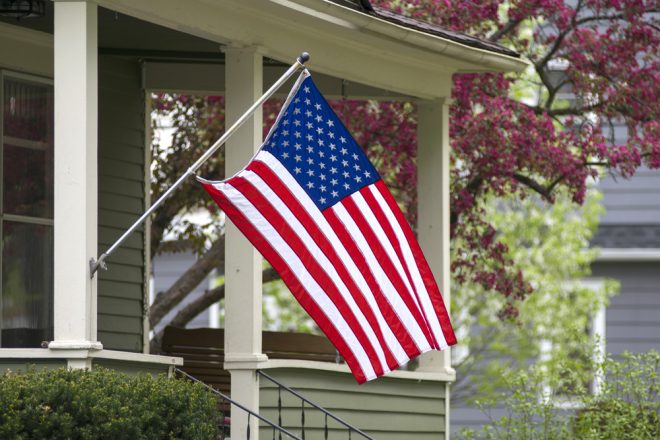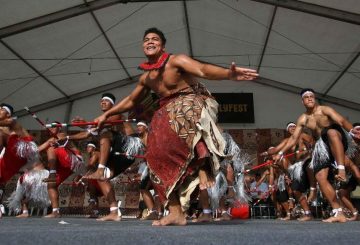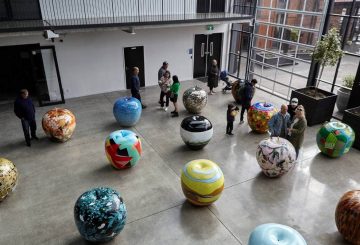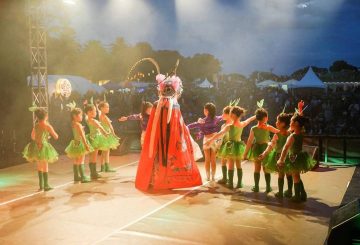New Zealand English is based on British English, however over the past six decades our language has become unique, borrowing words and phrases from other countries and in some cases other languages. Below is a collection of examples where New Zealand English has borrowed from American English.
1. Assuming that for you pass and gas do not rhyme, the first syllable of pasta rhymes with (a) pass or (b) gas.
2. The past tense of dive is (a) dove (He dove into the pool) or (b) dived (He dived into the pool).
3. I say: (a)The dress fit her perfectly or (b)The dress fitted her perfectly.
4. I would expect to see in the newspaper, when the person concerned has not yet taken responsibility (a) It is important that he take responsibility or (b) It is important that he should take responsibility.
5. The stress on the word oregano falls (a) on the second syllable or (b) on the third syllable.
6. I say (a) I took the elevator to the tenth floor or (b) I took the lift to the tenth floor.
7. I would say (a) I took a few days off over New Year’s or (b) I took a few days off over the New Year.
8. I would say (a) I’ll mow the lawn on the weekend or (b) I’ll mow the lawn at the weekend or (c) I’ll mow the lawn in the weekend.
9. I would say (a) I saw someone sitting in the middle of the sidewalk or (b) I saw someone sitting in the middle of the pavement or (c) I saw someone sitting in the middle of the footpath. There is another option here: (d) The three options above don’t all mean the same thing.
10. I would expect to read (a) We appealed the court’s decision or (b) We appealed against the court’s decision.
In all these cases, the (a) option would, at some point during the 20th century, have indicated that the speaker/writer was American (not that all Americans say all of these things, but saying them is – or was – indicative of being American).
The (b) options are all traditionally British, though many Britons no longer use all of them. Until the 1960s these would have been used by New Zealanders, too. Where there is a (c) option it was, possibly still is, New Zealand usage






























































